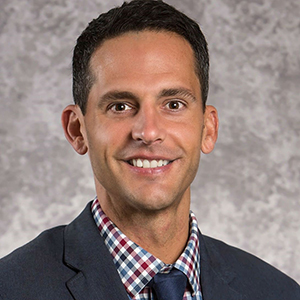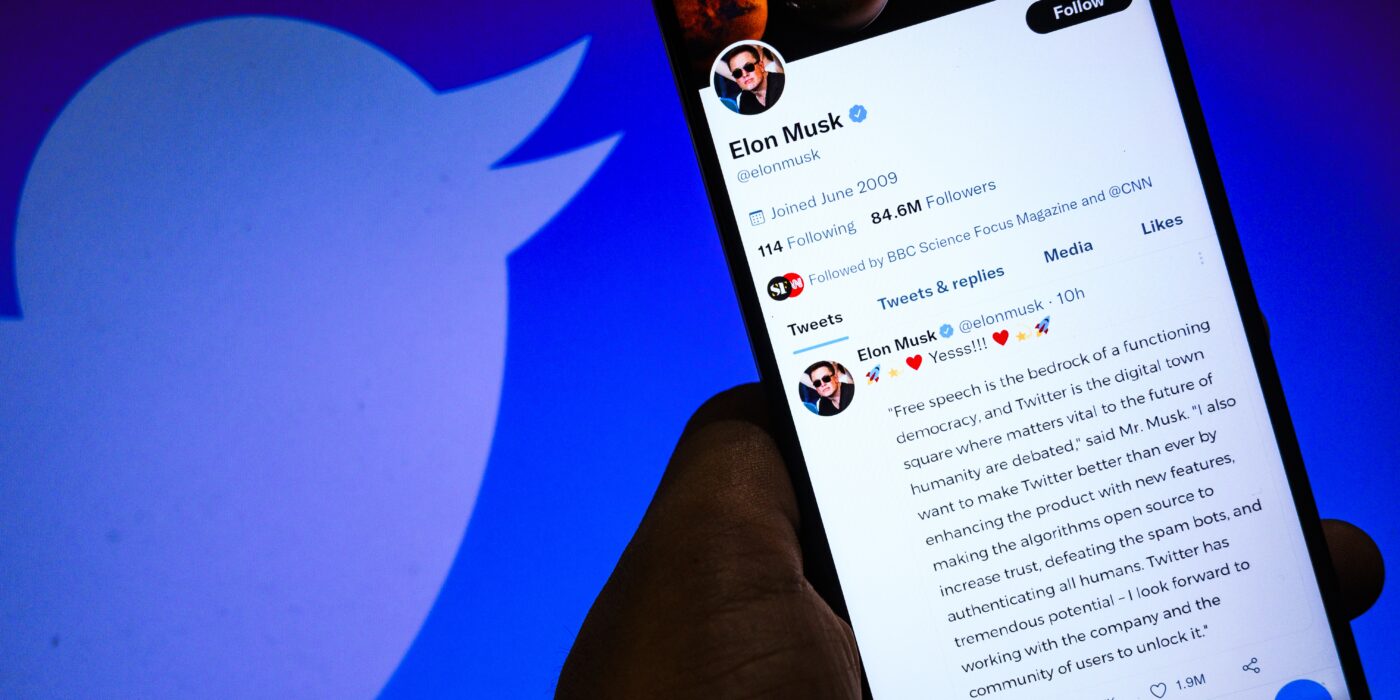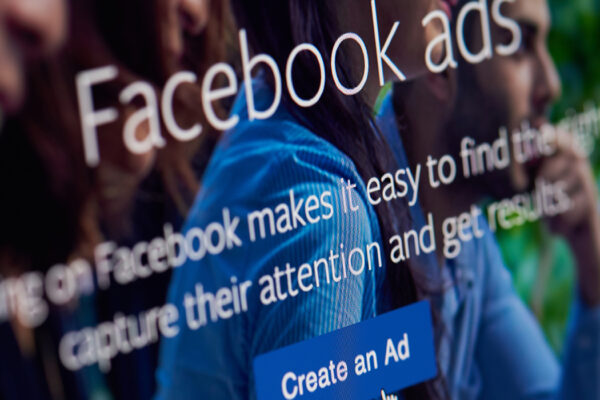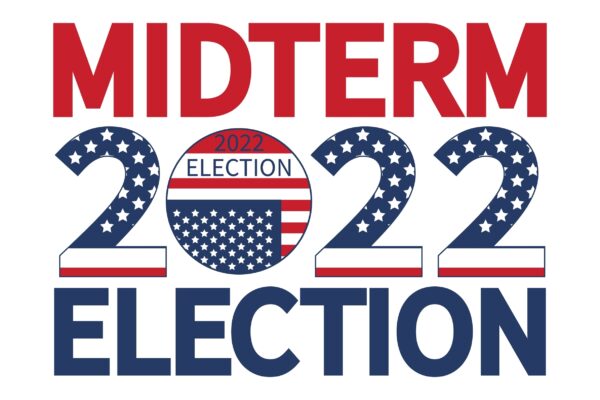Corporate giants, advertising industry leaders, watchdog groups and civil rights leaders alike are sounding the alarm about proposed changes at Twitter that would loosen content moderation and charge users a monthly fee to obtain a verification check.
General Motors Co. was one of the first U.S. companies to announce that it would pause advertising on the social media site while it evaluates Twitter’s new direction. Just a few days later, on Oct. 31, IPG — one of the world’s largest advertising companies — reportedly recommended that its clients also temporarily pause spending on the social media platform.
Michael Wall, a professor of practice in marketing and entrepreneurship at Washington University in St. Louis’ Olin Business School, said that all organizations should closely monitor the situation at Twitter to minimize risk to their brands.

“If changes to the platform occur that conflict with their values, they should then discuss the appropriate next steps,” Wall said. “A strategic question I would consider, if Twitter is an essential part of the organization’s growth strategy, is: How can we become a positive influence in the channel and become a leader in its appropriate use?”
“Going beyond Twitter, all organizations should have a documented social media strategy in place. It should include a strong rationale for utilizing the platform and have policies in place inclusive of a response strategy exactly for scenarios such as this,” said Wall, who is also co-director of Olin’s Center for Analytics and Business Insights.
Stuck between a rock and a hard place
Social media marketing enables companies to identify and engage with potential customers in a cost-effective way. It has become an essential part of the strategic growth plans for many companies, large and small.
“Every social media channel is unique in terms of who uses it, why they use it and how they use it,” Wall said. “In my digital marketing course, we spend a lot of time working to understand this nuance because it helps us to better determine which social platforms are valuable to our organization, how they bring value and the steps that need to be taken to maximize their potential.”
For corporations for whom Twitter is an important communication channel, Wall acknowledged that it will be difficult to walk away. “That said, if changes occur that lead an organization to move away from the platform, my position is that they can still achieve their objectives in other channels,” he said.
While social media marketing has become essential to many corporations’ strategic goals, it’s important to note that the relationship is not one sided, Wall said.
‘A strategic question I would consider, if Twitter is an essential part of the organization’s growth strategy, is: How can we become a positive influence in the channel and become a leader in its appropriate use?’
Michael Wall
“Although Twitter does monetize via other services, advertising is the vast majority of its revenue currently,” Wall explained. “It’s essential for them, which is why Musk is flying to New York to meet with advertisers. I expect any changes made to the platform will intend to not alienate these critical stakeholders.”
As such, advertisers are uniquely positioned to hold Twitter accountable for its actions. And, in fact, a majority of consumers today expect companies to take a stand on issues, even if they disagree with that stance, according to research conducted by Olin’s Stuart Bunderson, the George & Carol Bauer Professor of Organizational Ethics & Governance.
Twitter controversy highlights broader concerns for organizations, individuals
As a professor, professional and parent, Wall said he has concerns about the risks associated not just with Twitter, but all social media platforms.
“The concerns with Twitter were present prior to Musk’s takeover, and all social media platforms come with similar threats to not just our organizations but, more importantly, the well-being of us as individuals and society more broadly,” he said.
“The focus today is on Twitter, but just last year a Facebook whistleblower confirmed many concerns about the platform, while also introducing new ones. Another example is TikTok and concerns with the way they utilize our personal data.
“Social media isn’t going away. As a result, organizations, individuals and elected officials must work together to ensure everything possible is done to stop them from causing harm,” Wall said.
Social media is just one example of why values-based, data-driven leadership is so essential, Wall said.
“To meet the challenges of today’s tech-enabled world, we need leadership that can make balanced decisions with a steadfast commitment to personal and societal values.”
Is Twitter doomed?
Musk’s first weeks as the new “Chief Twit” at Twitter have been marked by controversy, but it’s not too late to course correct.
“My hope is that Elon Musk will be as committed to making Twitter a safe space as he has been in all other aspects of his professional life,” Wall said. “My hope is that Twitter can allow free speech while also implementing policies and new technological capabilities to thwart the efforts of bad actors. It’s difficult, but it’s possible. I urge him to put talent in place and empower them with resources so they can create processes to ensure that happens.”
If given the opportunity, Wall would offer Musk the following advice: “I would recommend that he take the threats and challenges of the platform seriously and to not be flippant with his remarks. He has significant reach and authority. In other words, his comments are seen by many, and they are impactful. In addition to taking action, be mindful about communication.”



